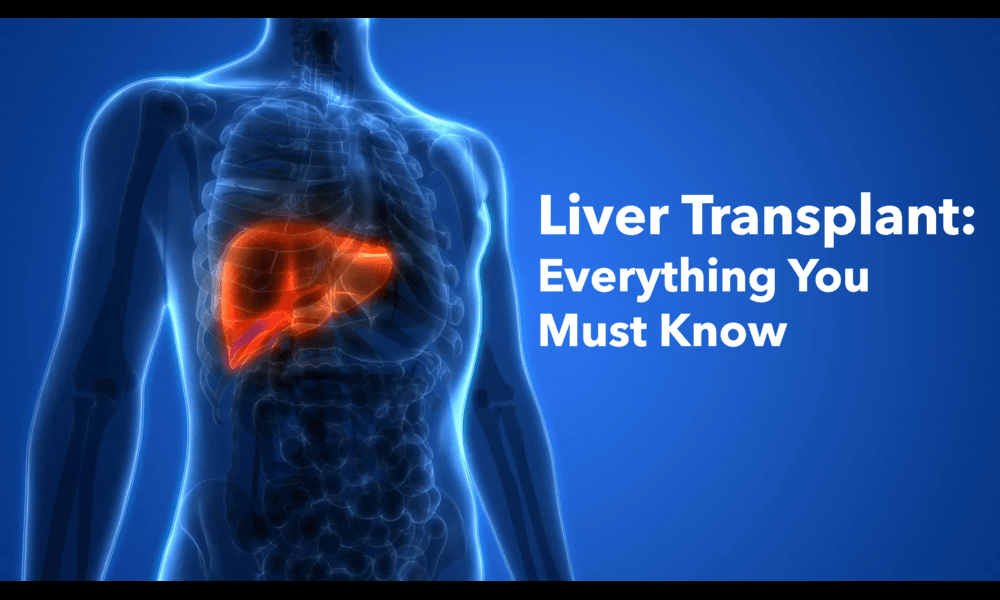


The liver is vital for various bodily functions, including producing amino acids, aiding digestion, storing glycogen, producing bile, and detoxifying blood. If the liver fails, it can lead to significant health issues. For those with chronic liver disease or end-stage liver disease, a liver transplant performed at Arvachin Hospital in Varanasi might be the only viable treatment option.
Determining Liver Transplant Candidates
Specialist doctors work together to identify suitable candidates for liver transplants. They review medical history, and personal background, and perform several tests to assess liver function and damage. The team typically includes hepatologists, surgeons, coordinators, social workers, nutritionists, psychiatrists, anesthesiologists, and advocates. Once deemed a candidate, your name is added to the liver transplant list based on factors like body size, blood type, and liver disease severity. Waiting times for a donor can vary, and you will be notified when a suitable liver becomes available.
Required Tests
Before a liver transplant, you will undergo several tests. Bring all previous medical records, including blood tests, X-rays, and other relevant documents. Additional tests might include CT scans, ultrasounds, ECGs, pulmonary function tests, and blood tests to assess clotting and antibodies.
Sources of Donor Livers
Livers for transplants may come from living donors or cadavers. A living donor can be a family member who donates part of their liver. The donor's liver segment will regenerate to normal size within weeks. Comprehensive screening ensures minimal risk to the donor. Alternatively, a liver may come from a cadaver, often following sudden death due to accidents or head injuries. The family must consent to organ donation, and the donor's identity remains confidential. The liver is thoroughly evaluated for diseases or other issues before being considered suitable for transplant.
During the Surgery
Liver transplant surgery typically lasts between 6-12 hours. The procedure involves removing and replacing the damaged liver with a healthy donor liver. It is a complex and lengthy operation.
Risks of Liver Transplantation
Liver transplantation carries certain risks:
- Organ Rejection: The body's immune system may attack the new liver. Doctors will prescribe immunosuppressive medications to prevent rejection for at least a year.
- Infection: The risk of infection is higher in the initial months following the transplant but generally decreases over time. Common symptoms of infection include fever, loss of appetite, abdominal pain, and weakness. Report any such symptoms to your physician promptly to manage and prevent complications.
Post-surgery, you may need to stay in the hospital for up to two weeks. Discharge times vary based on individual recovery and response to the new liver. Follow-up appointments are essential for monitoring your progress.
Conclusion
A liver transplant is a significant procedure requiring careful consideration and preparation. For top-notch care and expertise in liver transplants, Arvachin Hospital in Varanasi offers world-class services and experienced liver surgeons. Ensuring the health of your liver is crucial for overall well-being, and seeking treatment from a leading hospital can provide you with the best outcomes.
Contact Us:
- Phone: +91-9695953111, 05422978222
- WhatsApp: +91-9151012715
- Visit: Amara Khaira Chak, Akhari bypass NH2, Varanasi
Arvachin Hospital is dedicated to providing exceptional healthcare services to ensure your well-being.
©
All Rights Reserved For Arvachin Hospital - Varanasi | Design By :
Digital Branding Corporation